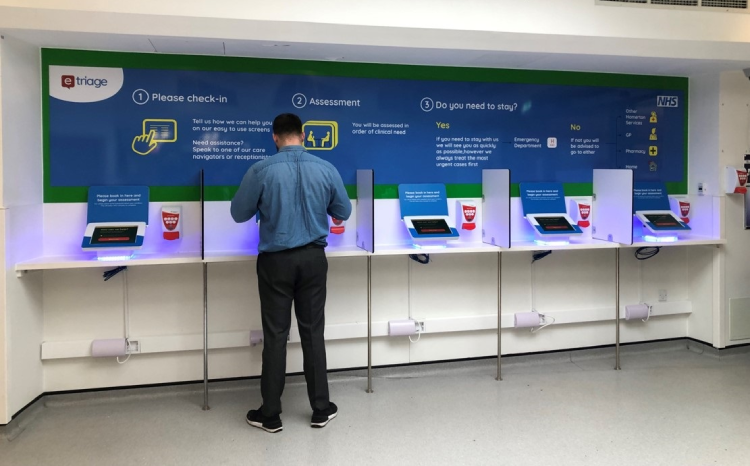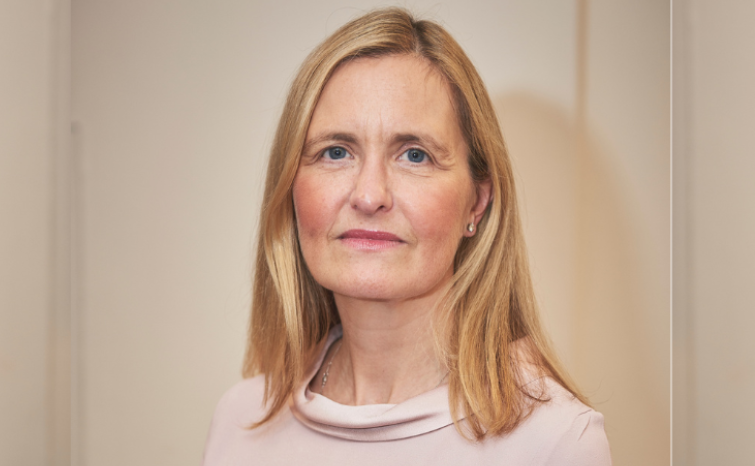West Yorks report identifies IT concerns
- 4 February 2010
An investigation into use of TPP’s out-of-hours system by West Yorkshire Urgent Care Service has concluded that the system created “a significant risk to patient health” and left the service in breach of NHS regulations.
NHS Kirklees commissioned Dr David Carson, a former GP and author of the 2000 Carson report on Reforming Emergency Care, to review the IT solutions being used by West Yorkshire Urgent Care, an out-of-hours service launched last April covering 2.2m patients.
Dr Carson’s report, which was leaked to GP newspaper Pulse, said he had identified deficiencies that meant the system “must be classified as being unfit for the purpose for which it is being used” and that there was “a significant risk of harm to patients”.
Dr Carson added: “I cannot emphasis enough the serious concern that I have in relation to the issues identified.”
The report’s criticisms of SystmOne include: difficulties in identifying patients who had called more than once in the previous 72 hours; use of mobile equipment that was deemed “almost impossible to use in the environment in which it has been deployed”; and problems acknowledging whether information passed to the mobile system had been received.
In a statement issued to EHI Primary Care, TPP said it had been able to provide “rapid improvements” to the software following Dr Carson’s report. The company also said there were errors in the report but declined to give further details.
Its full statement said: “TPP was pleased to attend the review meeting when Dr Carson’s report was received. During the meeting TPP was able to correct errors within the report; as a consequence a follow up meeting was held to review the system functionality.
"Where problems were identified, TPP was pleased to be able to provide rapid improvements to the software. We are continuing to work with the service commissioners and the providers to deliver system enhancements.”
West Yorkshire Urgent Care Service is run by NHS Direct together with private firm Care UK and not-for-profit group Local Care Direct. Calls are initially taken by NHS Direct using its Clinical Assessment System and then triaged either by nurses using the CAS system or passed for doctor triage using SystmOne.
In the report, dated 21 December 2009, Dr Carson, a director of the Primary Care Foundation which benchmarks out-of-hours services, said his inquiries and interviews with staff running the service identified a range of issues.
These related to information flows, updating on information in a timely fashion, availability of information to frontline clinicians and ensuring information passed on was properly and safely acknowledged.
The report said that to ensure a safe system of information transfer, services providers were: keeping manual logs of calls received; sending calls by telephone as well as via the system; NHS Direct was manually alerting providers to calls from repeat callers; and GPs were keeping paper records to be entered manually after the end of the shift – with some information still not added a week after they had been dealt with.
Dr Carson added: “Any system which requires so many parallel manual safety procedures and work-arounds to ensure patients’ calls do not get lost must be classified as being unfit for the purpose to which it is being used.
“The deficiencies are more serious when considered in the context of a complex provider network working across a number of different organisations. When one considers the volume of calls being handled, I have no doubt there is a risk of significant harm to patients.”
The report highlights NHS directions brought in following the death of Penny Campbell, who died in 2005 after being seen by eight different doctors over a bank holiday weekend. The directions require out-of-hours services to ensure that notes of consultations are accessible to others in the service and to the patient’s GP.
The report claims that when calls are passed to SystmOne “it is not obvious when looking at a call that there may be previous episodes within the last 72 hours." In addition it says repeat callers who already have an open call on SystmOne cannot have a new call started on SystmOne.
The report adds: “The sum total of these system issues when combined make the information system non-compliant with the regulations”.
The report goes on to criticise TPP’s mobile solution used by doctors in cars to take call details and view the patient record.
Dr Carson said doctors had to use a laptop with an eight inch screen and non backlit keyboard and a font size of six, which he described as “almost impossible to use in the environment in which it is being deployed”. The report added that problems with connectivity, together with the usability, made the receipt of time-critical calls “unreliable”.
Dr Carson also said there was no mechanism to draw the clinicians’ attention to previous history and no mechanism to alert those sending a call that it had not been acknowledged.
The report added: “Given the deficiencies in the communications, the gaps in the information for some patients and the lack of some kind of ‘hand-shake’ without human intervention feedback to acknowledge safe receipt the mobile solution is not fit for purpose as currently configured."
A spokesperson for West Yorkshire Care Services said: “Dr Carson’s review showed that there were some issues that we needed to tackle to make sure that we reduced clinical risk.
"These were issues which we had already been working on. Some of them have already been resolved, and an action plan is in place to make sure that we complete all outstanding actions promptly.”
Dr Mark Napper, clinical lead for the commissioners of the West Yorkshire Urgent Care Services added: “Extra measures have been put in place to ensure patient safety until these outstanding actions are completed.”
Related article: Problems at flagship urgent care service




